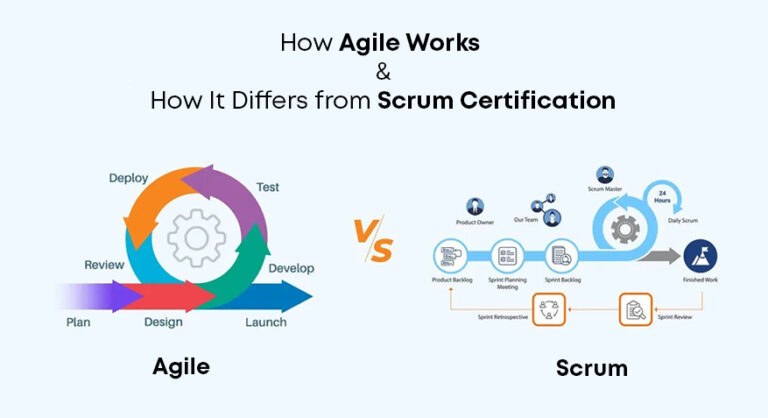Project management is an essential skill for anyone looking to complete tasks efficiently and effectively. Whether you are managing a small team or overseeing a large project, good project management practices can help ensure success. Here, we’ll explore some simple tips to improve your project management skills.
Understanding Project Management
Project management involves planning, organizing, and managing resources to achieve specific goals. It requires clear objectives, efficient use of resources, risk management, and strong communication. Let’s break down the basics.
Set Clear Objectives
Define Your Goals: Clearly define what you want to achieve with your project. This helps keep your team focused and aligned. Without clear goals, projects can quickly become disorganized and lose direction.
Create a Project Plan: Outline the steps needed to achieve your goals. This includes setting deadlines, assigning tasks, and identifying necessary resources. A well-structured plan provides a roadmap for your team to follow.
Use Resources Efficiently
Allocate Resources Wisely: Make sure you have the right people, tools, and materials for each task. Efficient resource allocation helps prevent bottlenecks and ensures that your project stays on track.
Monitor Resource Usage: Keep an eye on how resources are being used. This helps you identify any waste and make adjustments as needed. Efficient use of resources can save time and money.
Manage Risks
Identify Potential Risks: Think about what could go wrong and how it might impact your project. Identifying risks early allows you to develop strategies to mitigate them.
Create a Risk Management Plan: Develop a plan for managing risks. This might include contingency plans, backup resources, or alternative strategies. Being prepared helps you handle issues more effectively.
Improve Communication
Hold Regular Meetings: Regular meetings keep everyone on the same page. Use these meetings to update the team on progress, discuss any issues, and plan the next steps.
Use Clear Communication Tools: Use tools like emails, project management software, and instant messaging to communicate clearly. Ensure everyone knows where to find important information and how to share updates.
Track Progress
Set Milestones: Break your project into smaller phases with specific milestones. This makes it easier to track progress and ensure you’re meeting deadlines.
Review Regularly: Regularly review your project’s progress. Use status reports and meetings to identify any issues and make necessary adjustments.
Adapt and Adjust
Be Flexible: Be prepared to adapt your plan as needed. Projects often change, and being flexible helps you respond to new challenges effectively.
Learn from Experience: After completing a project, take time to review what worked and what didn’t. Use these insights to improve your future projects.
Ready to take your project management skills to the next level? Start implementing these tips today and watch your projects succeed!”
If you want to manage your Digital Marketing and Website Development projects, hire me as your project manager, and my team and I will handle your business growth seamlessly.
Hire me – https://www.upwork.com/freelancers/sahilkaul1996
What are the key components of project management?
The key components of project management include setting clear objectives, efficient resource use, risk management, strong communication, and tracking progress.
How can I set clear project goals?
Define what you want to achieve and outline the steps needed to reach those goals. Ensure that your team understands the objectives and their roles in achieving them.
Why is resource allocation important in project management?
Efficient resource allocation ensures that you have the right people, tools, and materials for each task. It helps prevent bottlenecks and keeps the project on track.
How can I improve communication within my project team?
Hold regular meetings, use clear communication tools, and ensure that everyone knows where to find important information. Good communication helps keep the team aligned and informed.
What should I include in a risk management plan?
A risk management plan should identify potential risks, develop strategies to mitigate them, and include contingency plans and backup resources. Being prepared helps you handle issues effectively.
How can I track the progress of my project?
Set milestones, regularly review progress, and use status reports and meetings to monitor the project. Tracking progress helps you identify issues early and make necessary adjustments.
If you're looking for any services regarding Digital Marketing or Website Developement, Please Contact now.






Leave a Comment